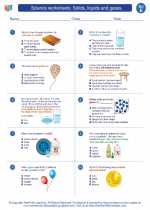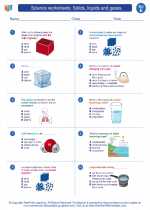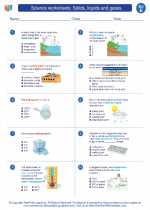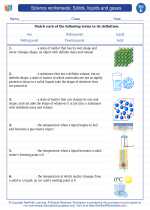Chromosomes
Chromosomes are thread-like structures located in the nucleus of animal and plant cells. They are made up of DNA and proteins, and they carry genetic information in the form of genes.
Structure of Chromosomes
Each chromosome consists of two chromatids, which are joined together at a centromere. The chromatids are exact copies of each other, formed during the process of DNA replication.
Functions of Chromosomes
Chromosomes play a crucial role in cell division, as they ensure that each new cell receives the correct amount of genetic material. They also carry genes, which determine specific traits and characteristics of an organism.
Types of Chromosomes
In humans, there are 46 chromosomes organized into 23 pairs. The first 22 pairs are called autosomes, while the 23rd pair determines the individual's sex and is known as the sex chromosomes (XX for females, XY for males).
Chromosome Abnormalities
Errors in chromosome number or structure can lead to genetic disorders and abnormalities. For example, Down syndrome is caused by the presence of an extra copy of chromosome 21.
Studying Chromosomes
To study chromosomes, scientists use techniques such as karyotyping, which involves arranging and analyzing the chromosomes of an organism to identify any abnormalities or genetic disorders.
Conclusion
Chromosomes are fundamental to the inheritance of genetic traits and the continuity of life. Understanding their structure and function is essential in the field of genetics and biology.
.◂Science Worksheets and Study Guides Fifth Grade. Science worksheets: Solids, liquids and gases.

 Worksheet/Answer key
Worksheet/Answer key
 Worksheet/Answer key
Worksheet/Answer key
 Worksheet/Answer key
Worksheet/Answer key
 Vocabulary/Answer key
Vocabulary/Answer key
